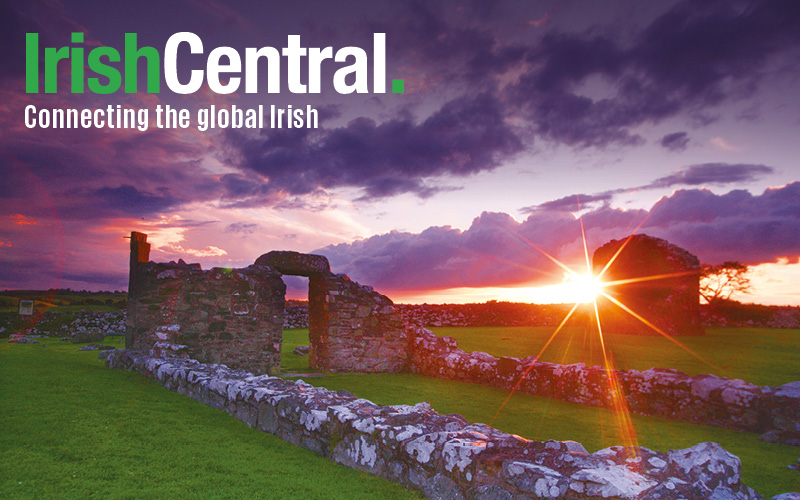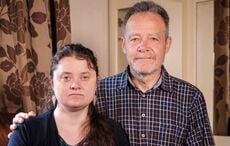US Catholics who have left the church don’t believe they could be tempted to return, according to a survey by Pew Research Center, carried out in 2015, examining American Catholics and family life.
In the lead up to Pope Francis’ US visit at the end of September 2015, the survey also revealed that although the number of practicing Catholics in the US may be dropping, the number of people affiliated in some way with the Church is in fact rising, be it through their parents, a spouse or some other cultural connection.
For a long time, a quarter of the US population was made up of Catholics but the new Pew survey shows that this dropped to 20.8 per cent in 2014 from 23.9 per cent in 2007.
Many Americans brought up as Catholics are turning their backs on the faith for a number of reasons. Seventy-seven per cent of those who have left say they could never envision returning to the Church and gave no clear indication that any change to Church teachings would make them reconsider this.
The survey showed that as many as half those who were raised as Catholics left at some point in their lives, although 11 per cent did return.
New @PewReligion report on US Catholics’ views of family life, sexuality and Catholic identity http://t.co/lo71K0DyST pic.twitter.com/UB1I3beovy
— Pew Research Center (@pewresearch) September 2, 2015
As @Pontifex prepares for US trip, Catholics' support for non-traditional families grows - http://t.co/CFGRNwKXAt pic.twitter.com/xggWTyj0LY
— Voice of America (@VOANews) September 3, 2015
In total, however, as much as 45 per cent of Americans say that they are in some way connected to Catholicism. “Cultural Catholics” (non-practising but identify in some way with the faith) make up nine percent of these, a further nine per cent are ex-Catholics, and eight per cent have a connection to the faith because of a partner, spouse, or other family member.
Among those who identified as “Cultural Catholics”, 59 per cent were raised as Catholics or had a Catholic parent. The remainder claimed that a Catholic spouse (15 per cent), a general affiliation with Christian beliefs or practices (nine percent) or the idea that their religion is rooted in Catholicism (15 percent) were the reasons for their connection.
The Pew Survey also surveyed US Catholic views on a number of contentious issues within the Church’s teaching such as contraception, divorce, same-sex marriage, priests marrying and sinful behavior, finding that support, in particular for contraception, was high.
A massive 76 per cent of those surveyed who religiously identified as Catholics believe that the Church should allow the use of birth control while only 59 percent felt that women should be allowed to become priests and 46 per cent were happy for the Church to recognize the marriages of same-sex couples. These figures were lower among Catholics who attend Mass weekly although 60% were still in favor of the use of contraception.
Figures were higher among Cultural Catholics and ex-Catholics although still ranging in at around two-thirds in support of female priests and same-sex marriage.
The concept of sin was also a difficult one among identifying Catholics with disagreement over what still constituted as a sin in the eyes of the Church and in their own lives. A massive 90 per cent still believe in the concept of sin but only 57 percent feel it’s a sin to have an abortion and 44 per cent that homosexuality is a sin.
About 9-in-10 US Catholics believe in concept of sin, but they differ on what's sinful http://t.co/lAxiJlXx9B pic.twitter.com/H3KIdZJsRD
— Pew Research Center (@pewresearch) September 4, 2015
New @PewReligion report on US Catholics’ views of family life, sexuality and Catholic identity http://t.co/lo71K0DyST pic.twitter.com/UB1I3beovy
— Pew Research Center (@pewresearch) September 2, 2015
Again, use of contraception fared well with only 17 per cent feeling it was sinful. Even among church goers, only 31 per cent thought of the use of contraception as a sin.
The latest Pew survey was conducted between May 5 and June 7 2015. They contacted a national sample of 5,122 adults of whom 1,016 were Catholics.
In comparison with the US, in Ireland 84 per cent of the population identify as Catholic although this, too, in in decline. In the latest census in 2011, there was a surge in those who describe themselves as not religious, now making then the second largest group in Ireland.
In 2011 227,000 people described themselves as not religious, a massive rise of 44 per cent on the figure taken in the previous 2006 census.
Many Catholics want the Church to become more flexible/accepting http://t.co/hX3envTAE9 pic.twitter.com/inh8bYjZ1f
— Becka Alper (@balper) September 4, 2015
Despite this, the influx of other religions and the wave of scandal that has racked the Catholic Church in Ireland in the past number of years, those identifying as Catholic dropped by just three per cent between 2006 and 2011, from 87 per cent to 84 per cent. In fact the number of Catholics in Ireland rose in the last census by 180,000 due to population increase.
There is, however, a vast contrast between those who identify as Catholic as those who regularly practice.
In 2011, it was reported that only 18 per cent of Irish people in the Republic of Ireland were regularly attending mass, changed radically from the 90 per cent attending mass in 1984.




Comments